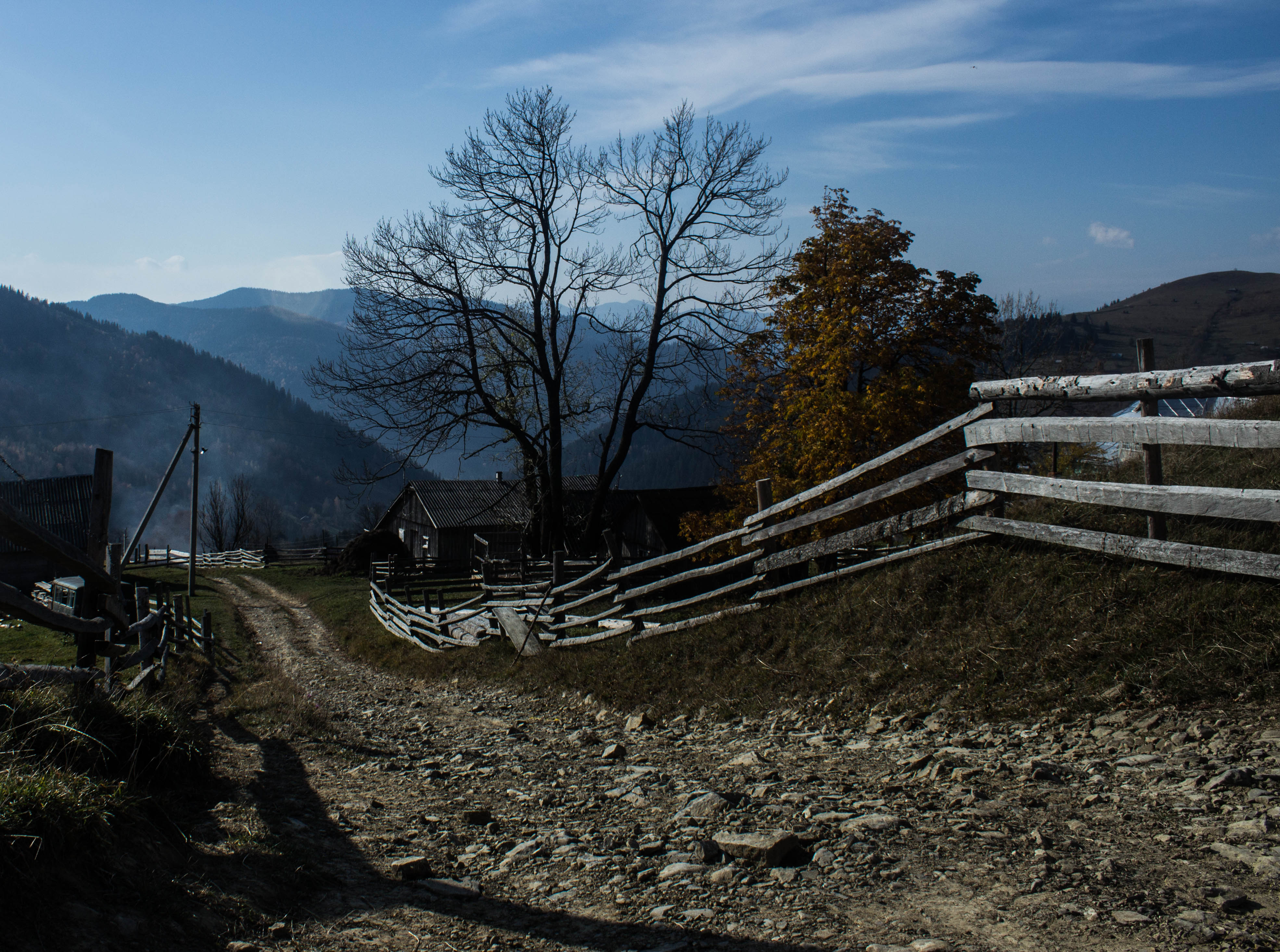The self-awareness in my life I am fortunate to have lends itself to taking a neutral stance. Self-awareness is one of the primary characteristics of someone acting maturely.
Years ago, in the late 2000s, when I was thirty-ish, I heard a public speaker who was talking about someone I took to be the famous philosopher of relationships, writer John Gray. The man proposing Gray’s books appeared certain about his suggestion.
Not too long before, a lady had given me Gray’s blockbuster, Men are from Mars, Women are from Venus. If you’re sensitive, you’ll have experienced coincidences of that same sum and substance. I chose to peruse Men are from Mars, Women are from Venus, and I enjoyed it enough to get intrigued to discover what else Gray had said in his books.

At our library, I found Gray’s very first book, which is What You Feel, You Can Heal. I read what Gray wrote about surviving homelessness when he was in the springtime of life. He talked with individuals he met en route, asking himself what was genuinely upsetting these individuals. Gray evidently thought he might be able to light the way for those struggling.
Gray thought of life experiences that he felt are universally true. He wrote, in What You Feel, You Can Heal, that when people reach their mid-thirties, it is time for them to get down to raising a dependent, whether an animal, or a person. And at the age of 42, individuals are ready to experience what it’s like to be in a community, people together forging more than the sum of their parts.
I was reading my favourite blog last night, the title Beauty Beyond Bones, and I saw she wrote she was just so tired of men who wouldn’t grow up. It didn’t sound like she was having the most splendid time at the moment.
As she is confident in saying, God is good. Beauty Beyond Bones can be found here: https://beautybeyondbones.com/
She is also a Patreon creator. Look here: https://beautybeyondbones.com/support-bbb-on-patreon/
I like reading her blog on a Monday or a Thursday evening. She also does a Wednesday evening post, where she shares recipes, but I’m not such a talented kitchen hand.
Incongruously, I’ve got an interest in Star Wars. I like cinema, I think Star Wars is absorbing, but it crossed my mind that it might not be the kind of priority that’s too impressive for someone of my level. I’m evaluating how mature I am.
I’ve tweeted a few times about Disney. I enjoyed most aspects of the task–my dear mother reading my thoughts on the Star Wars movies, told me I must be an expert! Thanks for that.
On the subject of Beauty Beyond Bones, last night that blog cast back what it’s like going into the 2020s. The author’s a beautiful young lady. Her blog has many thousands of subscribers, and of course, she doesn’t need to be concerned unduly with undeserving men.
I like reading her because she’s Catholic, and she lives in the Big Apple, and she has charm. She’s a great blogger.
There are changes I would like to make about myself, in light of the number of years I’m racking up, but I do need a strategy to get there (somewhere better than here, ostensibly). I like some of the YouTube videos about motivation or strategies to make life improvements.

You’re welcome to like, to follow and or/to comment on this post. Do take care, and may there be happy tidings.
I am grateful to the Beauty Beyond Bones blog, for its inspiration. It’s Mondays, Wednesdays, and Thursdays.







